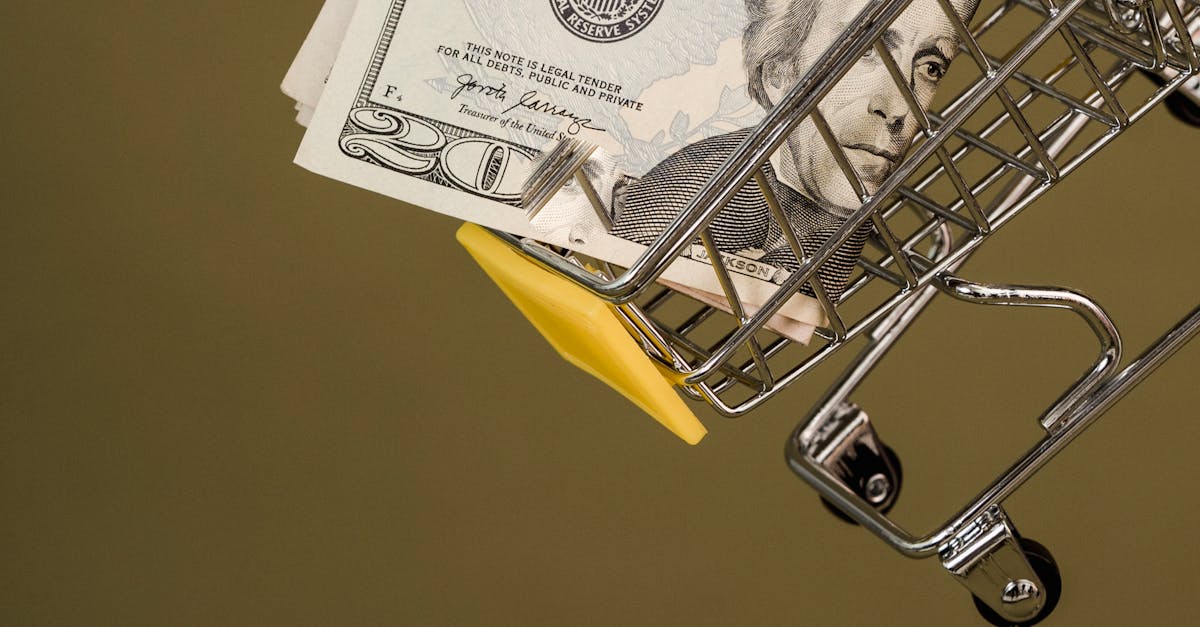The recent revaluation of the Vietnamese Dong has generated significant interest and optimism among economists, investors, and the general public. This move is seen as a positive step towards stabilizing the economy and enhancing Vietnam’s position in the global market. In this blog post, we will explore the various aspects of this revaluation, highlighting the benefits it brings to the economy and its potential impact on both local and international investors.
| Benefit | Description |
|---|---|
| Increased Purchasing Power | The revaluation strengthens the currency, allowing consumers to buy more goods. |
| Attracting Foreign Investment | A stronger dong makes Vietnam an appealing destination for investors. |
| Boosting Exports | Higher currency value can enhance the quality of exported goods. |
| Economic Stability | A stable currency promotes confidence in the economy. |
| Tourism Growth | Strengthened currency can attract more international tourists. |
| Inflation Control | A stronger dong helps in managing inflation levels effectively. |
| Global Trade Relations | Improved currency value enhances Vietnam’s trade standing globally. |
Increased Purchasing Power
The revaluation of the Vietnamese Dong results in a stronger currency, which translates to increased purchasing power for consumers. With a stronger dong, Vietnamese citizens can afford more goods and services, both domestically and internationally. This increase in purchasing power can lead to a rise in the standard of living and improved quality of life for many individuals and families across the nation.

Attracting Foreign Investment
A stronger Vietnamese Dong makes the country a more attractive destination for foreign investors. When the currency is stable and strong, it indicates a robust economy, which encourages foreign direct investment (FDI). Investors are more likely to invest in businesses and projects in Vietnam, leading to economic growth, job creation, and innovation within the country.

Boosting Exports
With the revaluation, the Vietnamese Dong can enhance the quality and competitiveness of exported goods. A stronger currency allows manufacturers to invest in better technologies and materials, improving the overall quality of their products. This can lead to an increase in demand for Vietnamese goods in international markets, benefiting exporters and contributing positively to the national economy.

Economic Stability
The revaluation of the dong is a sign of economic stability, which is crucial for both domestic and foreign stakeholders. A stable currency promotes confidence in the economy, encouraging both consumers and investors to engage in spending and investment activities. This stability can lead to sustainable economic growth, providing a solid foundation for future development.

Tourism Growth
A stronger Vietnamese Dong is likely to attract more international tourists, as it can make traveling to Vietnam more appealing. When the currency is strong, tourists perceive they are getting better value for their money, encouraging them to visit Vietnam’s beautiful landscapes, rich culture, and delicious cuisine. This influx of tourists can significantly boost the local economy, benefiting various sectors, including hospitality, retail, and entertainment.

Inflation Control
The revaluation of the Vietnamese Dong plays a critical role in controlling inflation. A stronger currency helps to stabilize prices, making it easier for the government to manage inflation levels. This control is essential for maintaining economic health, ensuring that the cost of living does not rise excessively, which can be detrimental to consumers and the economy as a whole.

Global Trade Relations
Improved currency value enhances Vietnam’s standing in global trade relations. A stronger dong allows Vietnam to negotiate better trade deals and partnerships with other countries. This can lead to increased exports and imports, fostering economic cooperation and integration into the global economy. It positions Vietnam as a competitive player in international trade, further boosting its economic prospects.

FAQ
What does the revaluation of the Vietnamese Dong mean for everyday consumers?
The revaluation means that consumers will have increased purchasing power, allowing them to buy more goods and services at home and abroad. This can improve their standard of living and overall quality of life.
How will the revaluation impact foreign investors?
Foreign investors will likely find Vietnam more appealing due to a stable and strong currency, encouraging more investment opportunities in various sectors of the economy.
Can the revaluation lead to inflation?
While a stronger dong can help control inflation, it is essential for the government to manage the economy carefully to ensure that inflation does not rise due to other economic factors.
What industries are likely to benefit from the revaluation?
Industries such as manufacturing, tourism, and exports are likely to benefit significantly as a result of increased competitiveness and consumer spending.
References:
– [State Bank of Vietnam](https://www.sbv.gov.vn)
– [Vietnam General Statistics Office](https://www.gso.gov.vn)
– [Ministry of Planning and Investment](https://www.mpi.gov.vn)

